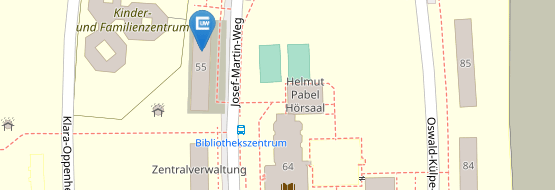Coimbra Group
The Coimbra Group is an association of long-established European comprehensive universities distinguished by their high international academic standards. Established in 1985, it brings together 42 leading multidisciplinary universities, many of which rank among the oldest and most prestigious institutions in their respective countries. The University of Würzburg has been a member of the Coimbra Group since its inception. The Group’s coordination office, located in Brussels, organizes the network’s central activities.
The mission of the Coimbra Group is to foster internationalization, promote excellence in research and teaching, and strengthen the social responsibility of its member institutions through close academic and cultural cooperation. Central to this mission is the exchange of best practices and the development of joint initiatives aimed at enhancing quality across all dimensions of university life.
Furthermore, the Coimbra Group plays an active role in shaping European education and research policy. As one of the most influential academic networks in Europe, it contributes to the advancement and development of higher education policy.
The JMU is actively involved in various areas of the Coimbra Network.






